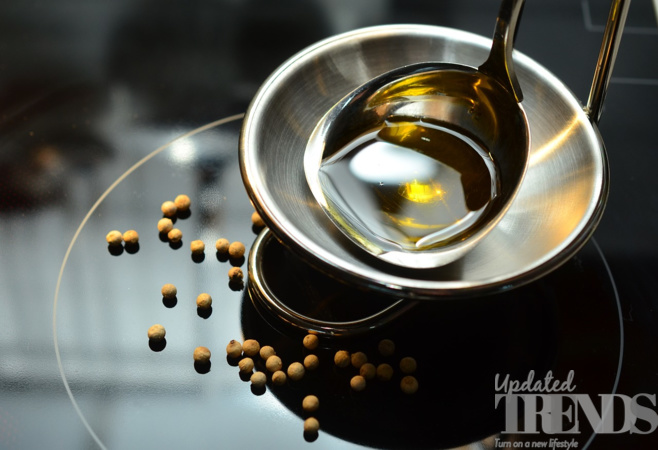Oil is one of the most used ingredients in the kitchen. It not just adds to the taste, but also helps to enhance the nutrient level of the food. While being an expensive ingredient, a number of households have the habit of reusing cooking oil, especially after a lot has been used after deep frying. While this could be done once in a while, it could be harmful for the body if done on a regular basis. Here we will be discussing a few downsides of reusing cooking oil.
- Could turn toxic for the body – Reusing oil means that the oil is heated again and the concentration of its contents increases which could increase the toxic chemicals like Aldehydes, which could be linked to a number of heart-related problems like Alzheimer’s, dementia and Parkinson’s disease. Moreover, 4-hydroxy-trans-2 nominal (HNE) is another poisonous substance that could be released when the oil is reheated. It could prove to be very toxic for the body and could affect some of the important functions of the RNA, DNA and proteins.
- Could lead to acidity – Reheating or reusing cooking out could also lead to a condition known as rancidity. Oil when exposed to air, light or moisture undergoes a complete or incomplete oxidization process which is known as rancidity. The particles in the oil, every time it is heated, gets modified and leaves a bad taste and smell. Consumption of such oil could lead to acidity or even burning sensation in the stomach.
- Could increase bad cholesterol levels – Cooking oil also contains fats. When it is heated, some of the fat in it can turn in to trans fats. When the oil is heated again, then it can release trans fats in a much higher quantity. These trans fats are bad for the overall health of the body. Consumption of such oil in the long run could lead to chest pain, obesity, stroke, indigestion and heart related complications.
Photo Credits: Pixabay











